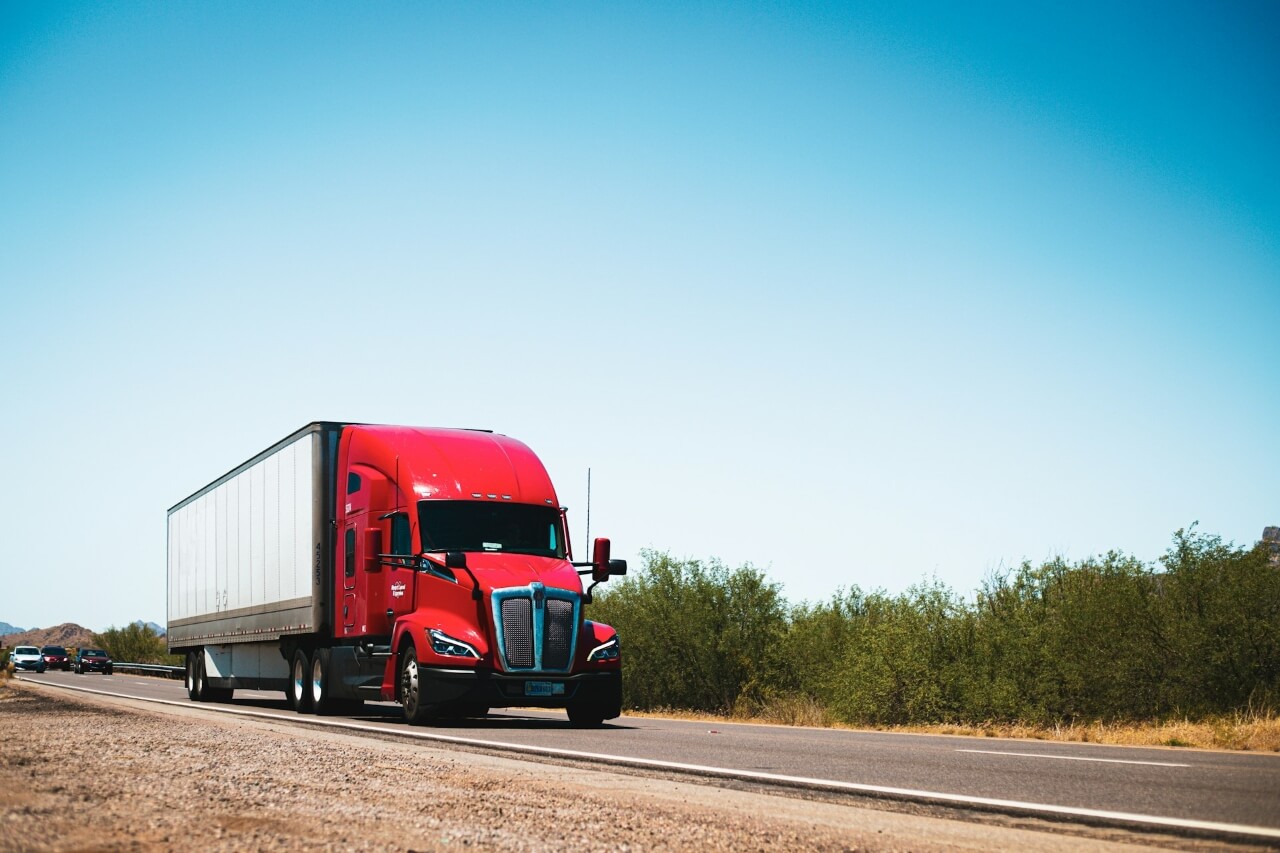Do Not Stall at the Starting Line: Cover These 6 Essentials When Launching a Trucking Company

The trucking industry is expansive and full of potential. Businesses of all kinds rely on it to uphold global supply chains. Interested entrepreneurs can join the field by launching their own trucking company.
By following practical strategies and avoiding common pitfalls, they can streamline their journey to profitability.
Things to Consider Before Opening a Trucking Business
Every business venture requires thoughtful planning. Anyone interested in trucking should begin with foundational tips to make the next phase of their career successful.
1. Franchising or Opening an Independent Company
New business owners often choose between starting a brand or launching a franchise location. Both options have perks. Franchising lets people open a branch with name recognition, built-in management guidelines and marketing support.
Starting a storefront that is unaffiliated with any corporation might raise startup costs but provide more flexibility. The Small Business Association (SBA) also offers federal loan opportunities for people in various demographics. After deciding whether to pursue that funding, entrepreneurs can curate their company based on their career goals, aesthetic preferences, preferred workplace and unique growth plan.
If you are wanting to start a not for profit organization then you may need to apply for various grants before opening. Take a look at some grant management software to make your life slightly easier.
2. Meeting Regulatory Compliance
Every trucking company owner must understand the Federal Motor Carrier Safety Administration (FMCSA) requirements for their business. The regulations vary according to the business’s purpose and state-level permit laws. Curious entrepreneurs can contact the FMCSA for assistance.
The resulting requirements will apply to both safety and commercial operations. The company will also need a U.S. Department of Transportation (USDOT) number. USDOT and FMCSA representatives can address questions so everything is clear during the business launch process.
3. Reviewing the Financials
Entrepreneurs always need enough cash to start their businesses, regardless of their industry. Trucking companies will need the capital to get their fleet and open their warehouse or storefront. They must also maintain enough cash flow to pay bills and employees while potential customers learn that the business exists.
Getting the right insurance is also a crucial part of the financial arrangements. Insurance coverage prevents costly bills if there is an accident, which would further disrupt projected revenue growth. Most brokers require at least $1,000,000 in liability coverage, but the USDOT only requires $750,000 coverage. The best decision depends on each business owner’s risk tolerance and local laws.
4. Buying the Fleet
The best fleet for a new trucking business relates to the company’s purpose. A team that helps people move belongings between homes will need trucks with different storage spaces than a private fleet transporting temperature-controlled meat shipments.
Fleet vehicles are also available for purchasing or leasing. Entrepreneurs might open their business on their projected schedule by leasing their fleet until their revenue can cover an upfront purchase. Either way, operations and maintenance protocols must match the selected vehicles. Employees will remain safe if they know how to handle and care for the trucks they use daily.
5. Preparing for Daily Operations
Launching a trucking company is much easier when the owner understands what daily operations will look like. General workflows should have outlines that match quarterly goals. Pre-operation inspections, front office standards, routine maintenance and inventory ordering are a few details to finalize before the doors open.
They should also know what technologies their team members will use to conduct business. Cloud-based customer management, scheduling or filing systems could organize the company’s most crucial data long-term. Robust cybersecurity measures might also be a secondary arrangement, depending on the office software selections.
6. Hiring Employees and Marketing Services
Businesses thrive when they have incredible teams. Hiring the right people for a trucking company can transform it from a standard part of the supply chain to a successful, vital partner to other businesses.
Entrepreneurs should expect to spend a few weeks posting jobs, interviewing people and considering who to hire. The average truck transportation worker earned $32.01 per hour in June, so paying more than average could help fill the employee roster faster.
Marketing can assist with that effort as well. Outreach is foundational to reputation and brand management. Integrate company logos and values with digital, print and ad-based marketing efforts. Advertising available jobs could help spread word-of-mouth faster and double as a marketing practice.
Common Mistakes to Avoid
Getting the fundamentals of a trucking company down will involve making some mistakes. While business owners should learn from those moments, some challenges are avoidable if entrepreneurs learn from the experience of others in the field.
1. Letting Insurance Lapse
Any company’s insurance plans should remain active, especially those protecting trucking businesses. Lapsing plans could result in insufficient coverage if cargo damage, an accident or employee liability claims occur. Business owners should pay special attention to their insurance plan renewal dates.
Working with a transportation insurance broker could simplify that process. They will understand the industry and stay in touch whenever something happens regarding upcoming coverage changes.
2. Underestimating Federal Regulations
There are more federal requirements for trucking companies than getting a USDOT number. Entrepreneurs also must stay in compliance with health and safety codes. These protect employees, consumers, other drivers and even the planet. An Oregon fleet company recently had to pay $101,501 in civil penalties for violating the Clean Air Act.
Contact the relevant federal and state government offices to speak with someone about any remaining questions. Even if it takes some time, every business owner interested in trucking will be better off when they understand how to remain in regulatory compliance within their field.
3. Missing Crucial Fleet Maintenance Opportunities
New fleet vehicles might not need maintenance right away, but business owners should schedule their recurring fleet maintenance sooner rather than later. Forgetting to change the oil or check tire pressure readings could cause accidents. Lapsing maintenance might also violate federal and state regulations.
Team members should have standard daily maintenance lists, plus calendar access to recurring responsibilities that keep the fleet operational. Investing in cloud-based software could improve maintenance communications. AI-powered programs might be worthwhile, too. They could suggest fleet management improvements based on data specific to the business’s vehicles.
Launch a Successful Trucking Company
Starting a trucking business requires time and patience. Once curious entrepreneurs understand the foundational details they should cover, they can avoid the most common mistakes and open their companies sooner.








